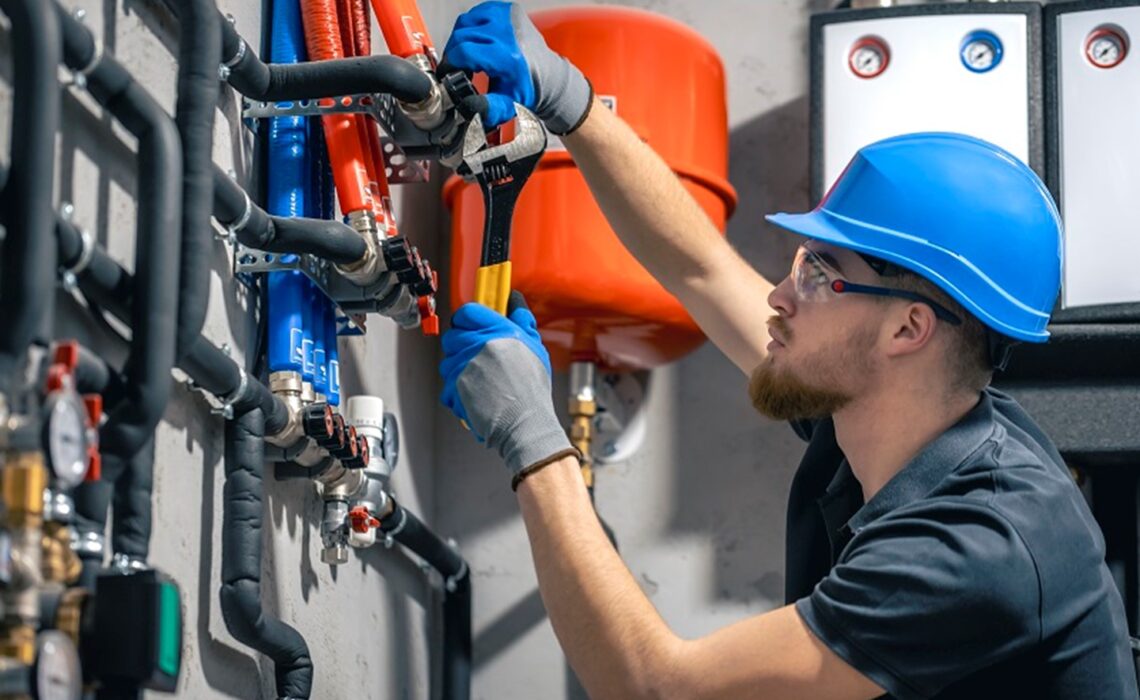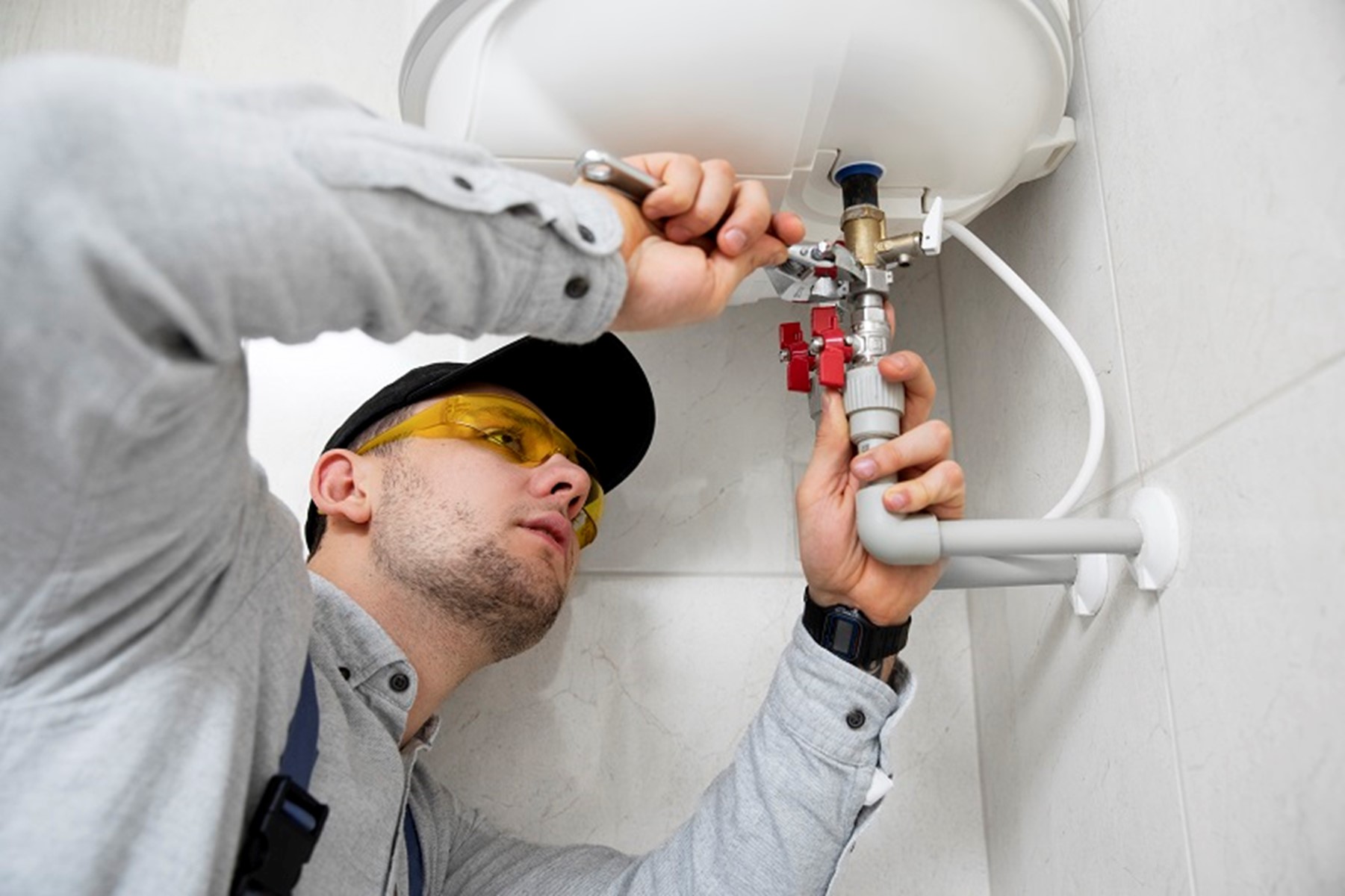
Introduction
Have you recently noticed a stark increase in your power bills, and you’re left scratching your head trying to figure out why? Could it be due to the radiant heater you’ve been using to keep warm in the chilly winter months, or is it your faithful hot water system working overtime? What if you learned that water heating is one of the most significant sources of energy consumption in an average household, and there’s an array of simple energy saving strategies you could implement right at home?
Welcome to our insider’s guide on energy-efficient water heating at home. We’ll touch on why water heating can impact your energy usage so significantly, and how can you manage it without sacrificing those delightful hot showers you treasure so much. We will explore options from small, inexpensive changes to larger investments, all geared towards increasing your water heating efficiency.
Whether you’re a new homeowner or a seasoned décor enthusiast, join us as we delve into the world of water heating, unlock the secrets of energy conservation, and discuss some valuable tips that could help lower your energy consumption, and hence your power bill.
Why is heating water so energy-intensive?
Water has a high specific heat capacity. It requires a significant amount of energy to heat, contributing a considerable percentage to your total power consumption. Multiply this across multiple daily hot showers, regular dishwashing, and laundry sessions, and you’ve got a significant power drain. However, with some awareness about energy consumption and efficient use, you can avoid being hit with exorbitant energy bills.
Next, we need to factor in standby heat loss. This is the energy wasted when heated water is left unused in tanks. Newer, more energy-efficient models of water heaters reduce standby heat loss, but it’s still an important detail to consider. Improving your water heater’s insulation can work wonders in combating this issue.
Lastly, the type of water heater and its overall efficiency plays a vital role. Traditional storage tank heaters are less energy-efficient when compared to tankless or on-demand water heaters. The age of your water heater also matters, as older water heaters are far less efficient and eat up a significant portion of energy.
When is the best time to consider replacing your water heater?
If your water heater is over ten years old, is constantly needing repairs, or can’t keep up with your family’s water demands, it might be time to consider replacing it. Newer models offer better energy efficiency and potentially significant reductions in your monthly power bill.
Consider an Energy Star-rated heat pump water heater, for instance. These hybrid electric heaters have been reported to use up to 60% less electricity than the traditional models. The initial investment might be considerable, but the long-term savings can warrant the upgrade.

Consider the energy source as well. Natural gas is generally more efficient for heating water than electricity. If you’re in a location with a suitable climate and building structure, you may also consider solar water heaters as an environmentally friendly alternative.
What are some small changes that can improve water heating efficiency?
Never underestimate small changes! Firstly, reduce the thermostat setting on your water heater. Most manufacturers set thermostat settings higher than most households need. For every 10°F reduction in temperature, you can save between 3%–5% on your water heating costs.
Secondly, consider insulating hot water pipes. This reduces the heat loss as water travels from heater to faucet, also reducing the waiting time for hot water. Thirdly, avoid wasting hot water. Simple habits such as turning off the faucet while doing dishes or brushing teeth and using cold water where possible can make a difference.
Pros and Cons of various water heater types
Each type of water heater comes with its own set of advantages and disadvantages. Traditional storage tank systems are among the least expensive to install, but they tend to have higher energy costs long term due to “standby heat loss.” Tankless, or on-demand water heaters, avoid standby energy losses, but functions more effectively with a gas hookup.
Heat pump water heaters are extremely energy efficient and can save up to $300 a year on electricity bills. However, they require a specific climate to function efficiently. Lastly, solar water heaters provide the most energy savings, but are heavily dependent on climate and also require a backup system for cloudy days.
The Impact of adopting energy-efficient methods for water heating
Adopting energy-efficient methods for water heating promises tangible benefits. They lower energy bills, reduce environmental impact, and can lead to increased property values. They’re part of a more significant trend towards sustainable living and promise a world where efficiency and comfort go hand-in-hand.
Conclusion
Understanding the pros and cons of different water heater models, adopting energy-efficient measures, and making a few habit changes can make a world of difference to your power bills. It’s evident that energy conservation is no longer an inspirational concept but a much-needed reality for our homes, wallets, and the environment. Remember, every step, regardless of its size, brings us a step closer to a more sustainable future. Take those steps today and become a part of the energy-saving community.
